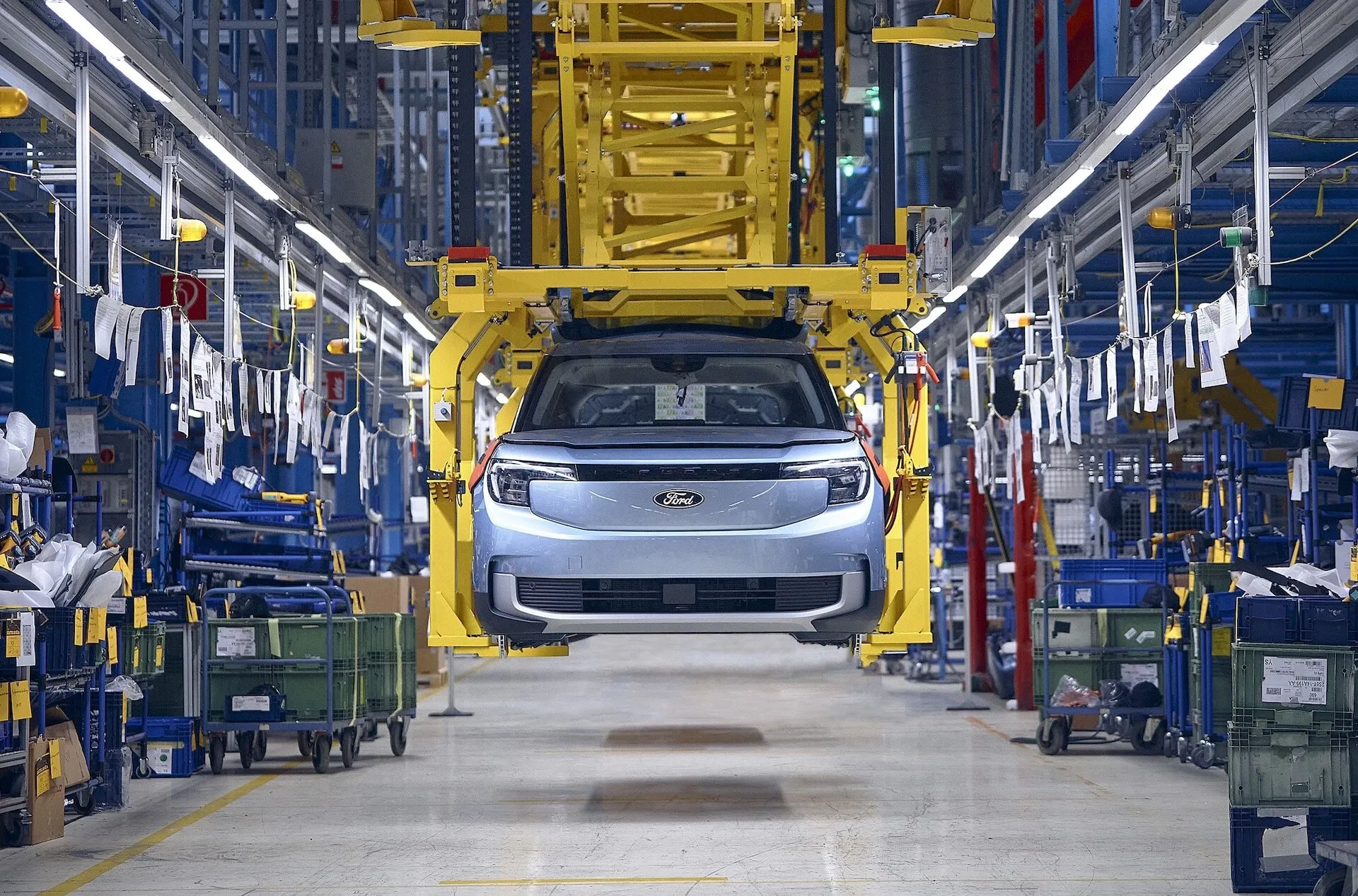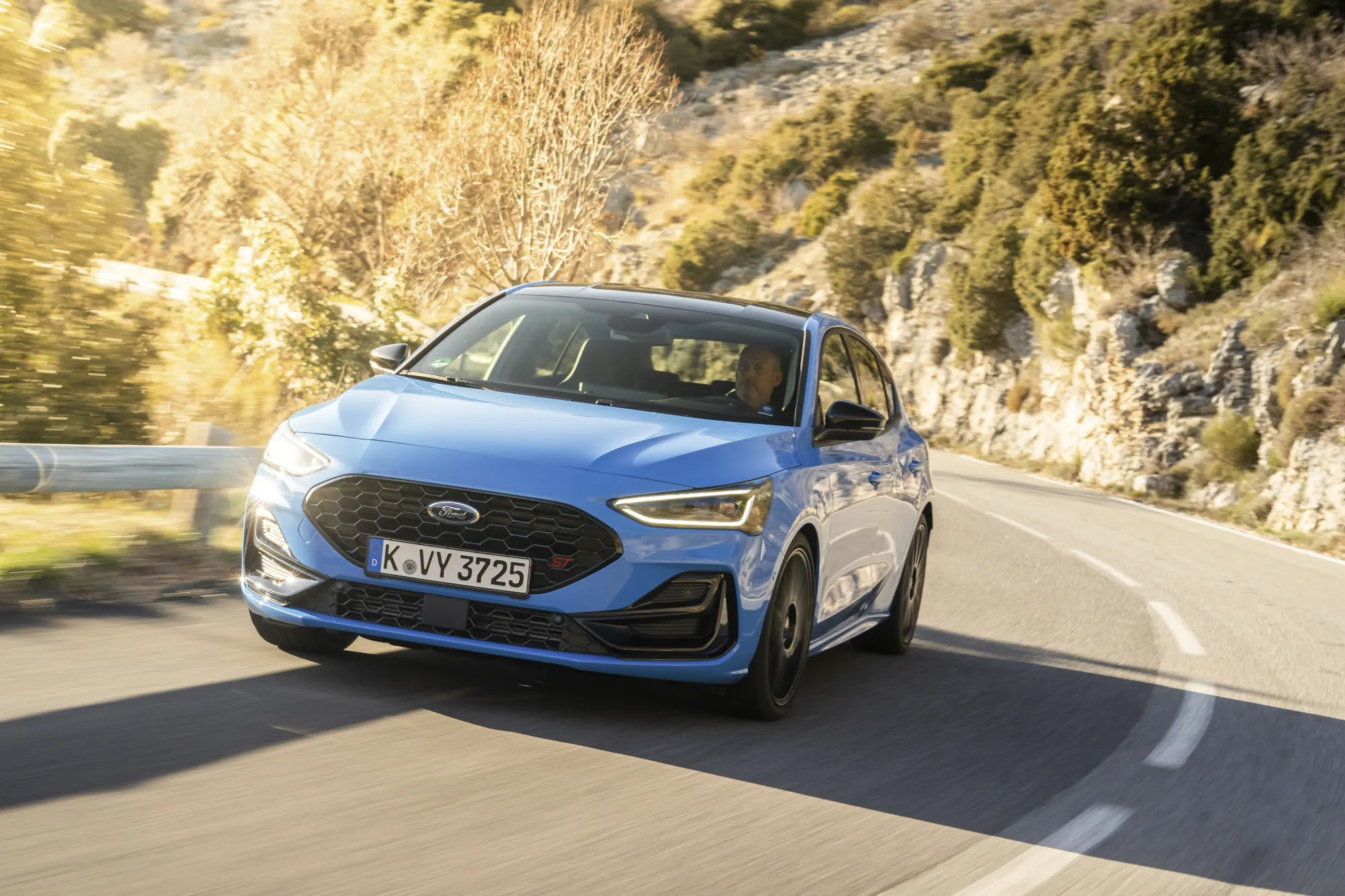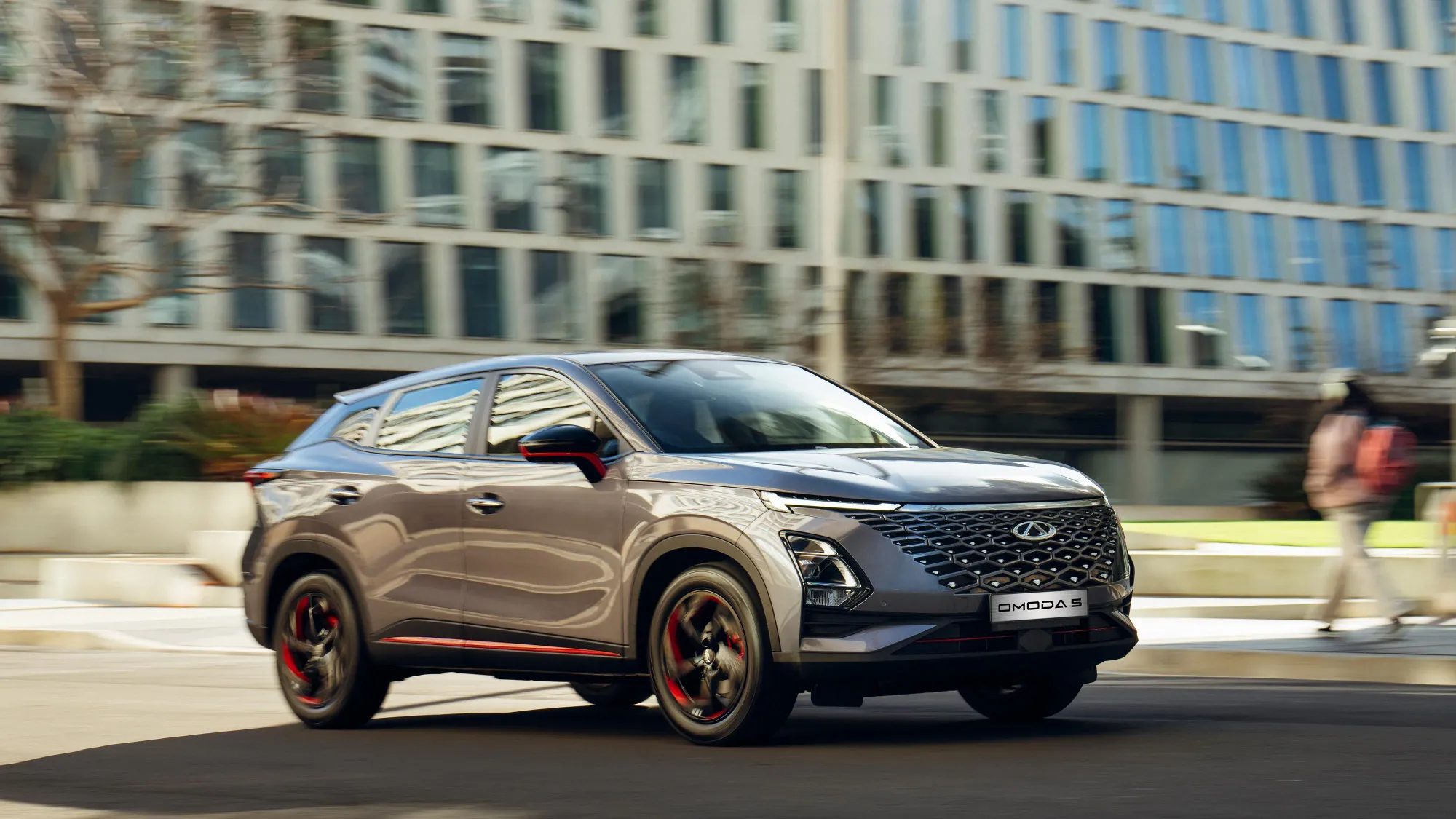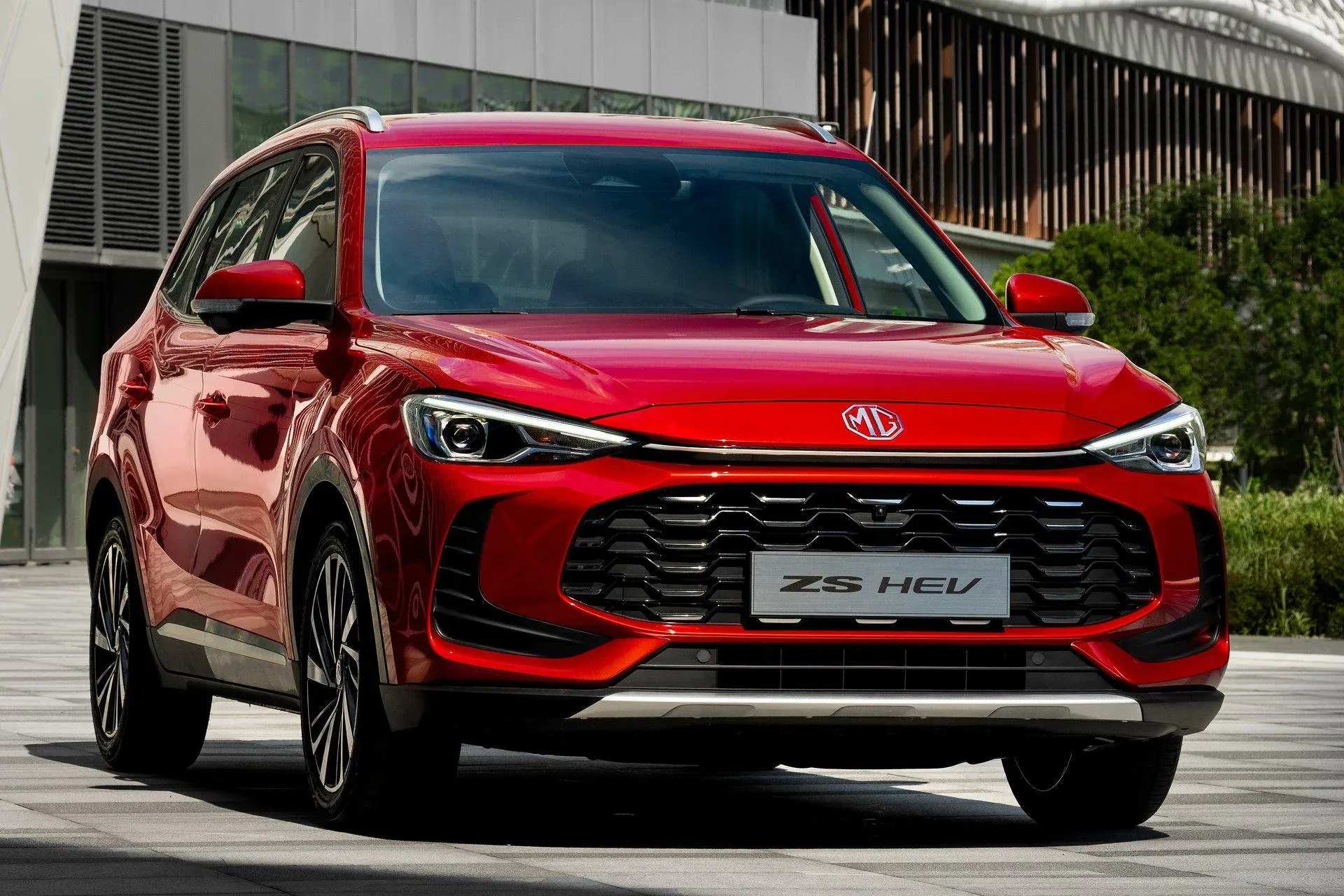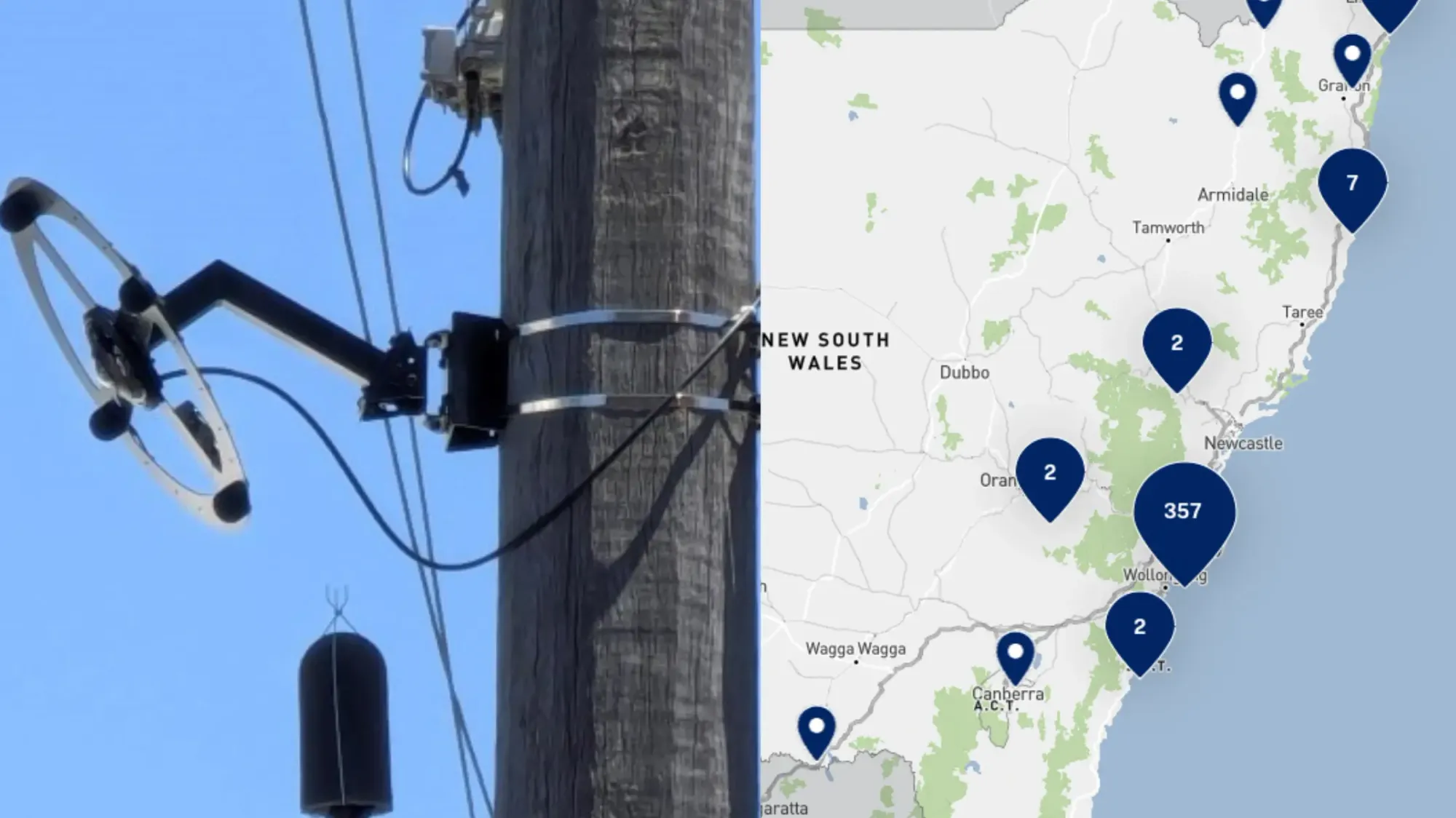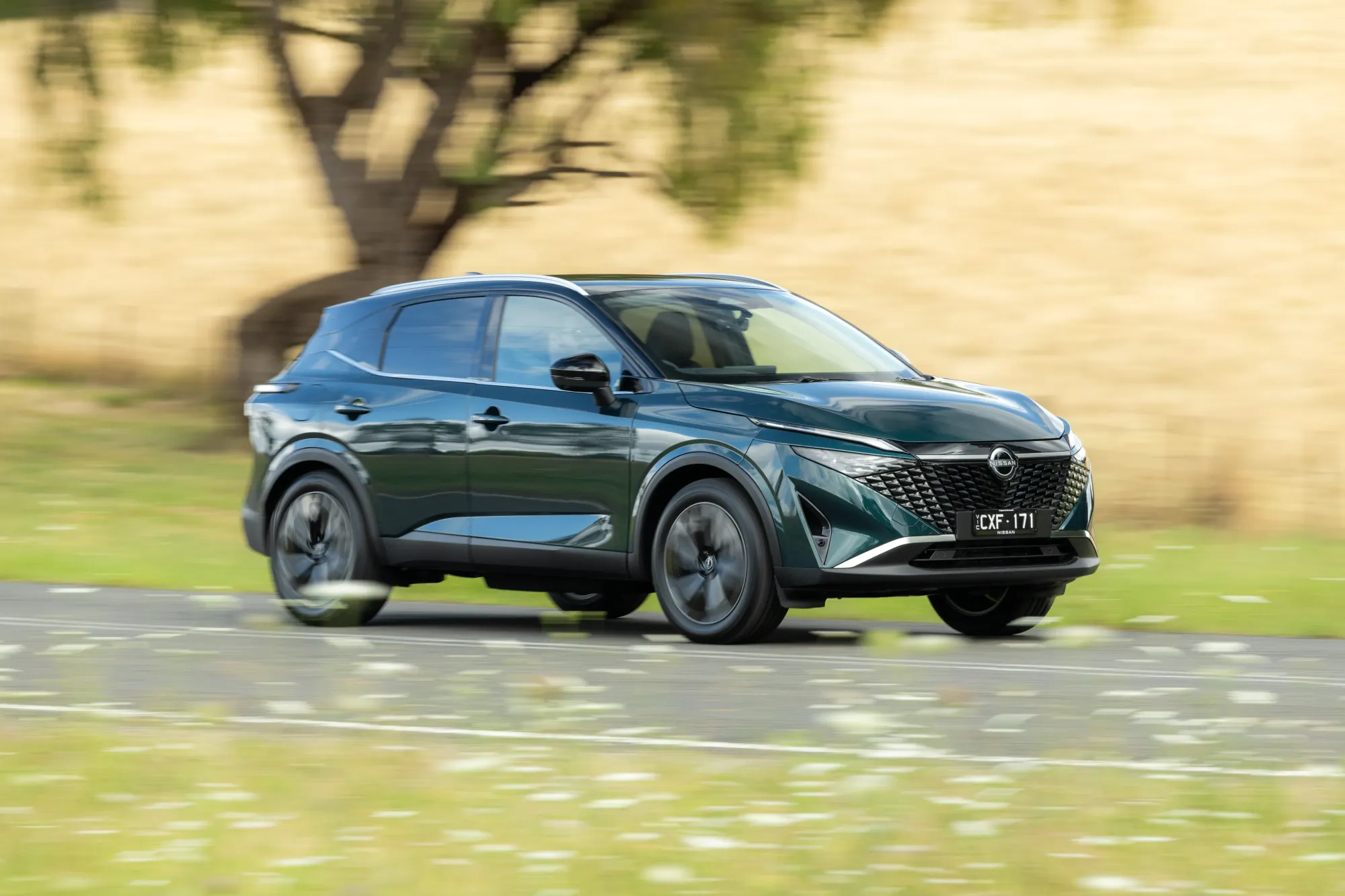In response to evolving market conditions, Ford Motor Company is recalibrating its electrification strategy, emphasizing hybrid technology and more accessible electric vehicles while scaling back some ambitious EV plans.
Ford is adjusting its EV production and investment strategy

- Greater emphasis on hybrid vehicles and affordable EVs
- Strategic shift estimated to cost up to $1.9 billion in expenses and write-downs
Strategic Adjustments:
Product Line Changes:

- Cancellation of planned three-row all-electric SUVs
- Expansion of hybrid options across North American lineup by 2030
- New electric commercial van slated for 2026
- Development of a medium-size electric pickup truck
Investment Reallocation:
- EV capital investment reduced from 40% to 30% of total
- Increased resources for hybrid and plug-in hybrid electric vehicles (PHEVs)
Market Approach:

- Focus on developing more affordable EVs to compete with Chinese manufacturers
- Broadening hybrid offerings to meet fuel economy regulations
Driving Factors:
- Slower-than-expected EV adoption rates
- Profitability challenges in the EV sector
- Consumer concerns over EV pricing and range
Future Outlook:
- Continued but more gradual EV production
- Efforts to reduce battery manufacturing costs
- Development of new platforms for more cost-effective EV models
Ford's strategic pivot reflects a pragmatic approach to the complexities of the automotive market's transition to electrification. By balancing its portfolio between hybrids and EVs, Ford aims to address current market demands while positioning itself for future growth in the electric sector.



